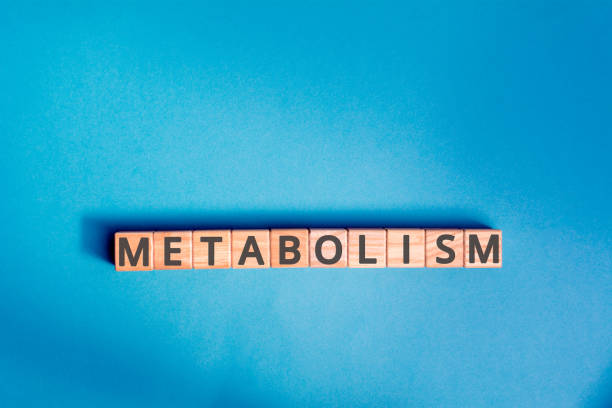What Is Metabolic Adaptation?

Metabolic adaptation, also known as “starvation mode”, occurs when your body recognises that you are consuming fewer calories than usual. In an effort to conserve energy, your body will begin to slow down your metabolism, reducing the rate at which you burn calories. Metabolic adaptation can be a major roadblock to your weight loss efforts. In this blog post, we will discuss metabolic adaptation when dieting and how to avoid it.
To start, it’s important to understand that the human body is adaptable and has evolved to adapt to changes in food supply. When you begin to diet by reducing calorie intake, your body responds by slowing down your metabolism to conserve energy. This is the body’s natural mechanism to protect itself from starvation.
One of the best ways to avoid metabolic adaptation when dieting is to avoid drastic calorie reductions. Instead, opt for a slower, more gradual approach to weight loss. Reducing calorie intake too quickly can result in a significant decrease in your metabolic rate, hindering your efforts to lose weight.
Another effective method to avoid metabolic adaptation is to utilise a variety of dieting techniques such as calorie cycling and refeed days. Calorie cycling is a technique where you alternate between high calorie days and low calorie days. Refeed days involve increasing your calorie intake for a day or two, before returning to your regular calorie intake. These techniques can trick your metabolism into thinking your calorie intake is consistent, thus avoiding metabolic adaptation.
Moreover, it’s important to consume adequate protein when dieting. Protein is important for building lean muscle mass, which increases your metabolic rate. Additionally, consuming protein can help suppress your appetite, making it easier to stick to your calorie goals.
Another factor to consider is incorporating physical activity into your weight loss routine. Exercise is a powerful tool in increasing your metabolic rate, allowing you to burn more calories throughout the day.
In conclusion, metabolic adaptation is a natural response to calorie restriction, but it can hinder your weight loss efforts. By utilising a gradual approach to weight loss, incorporating a variety of dieting techniques, consuming adequate protein, and including physical activity in your routine, you can avoid metabolic adaptation and achieve your weight loss goals. Should you want to find out more, please feel free to contact us today at David Jones Personal Training.
